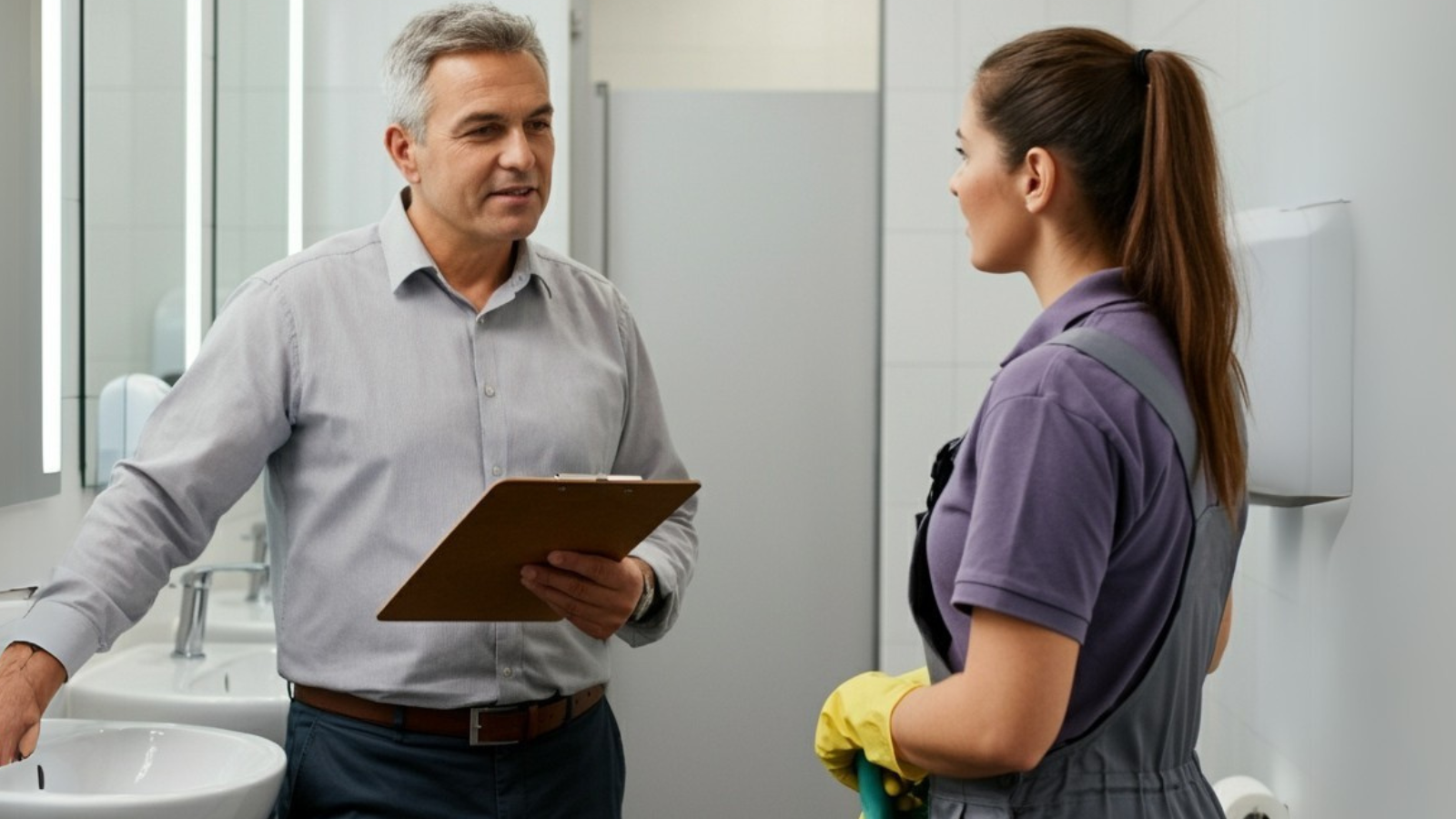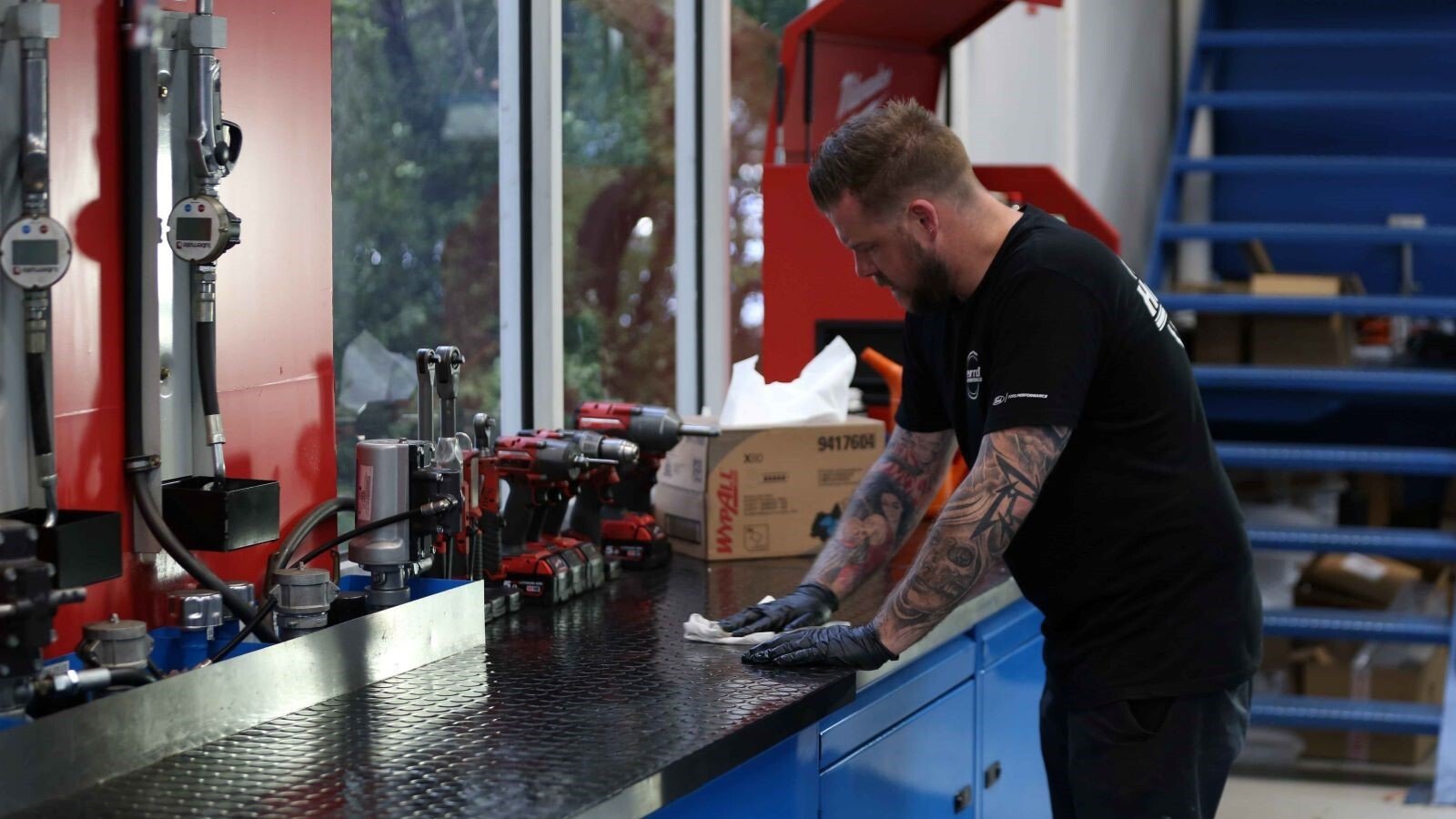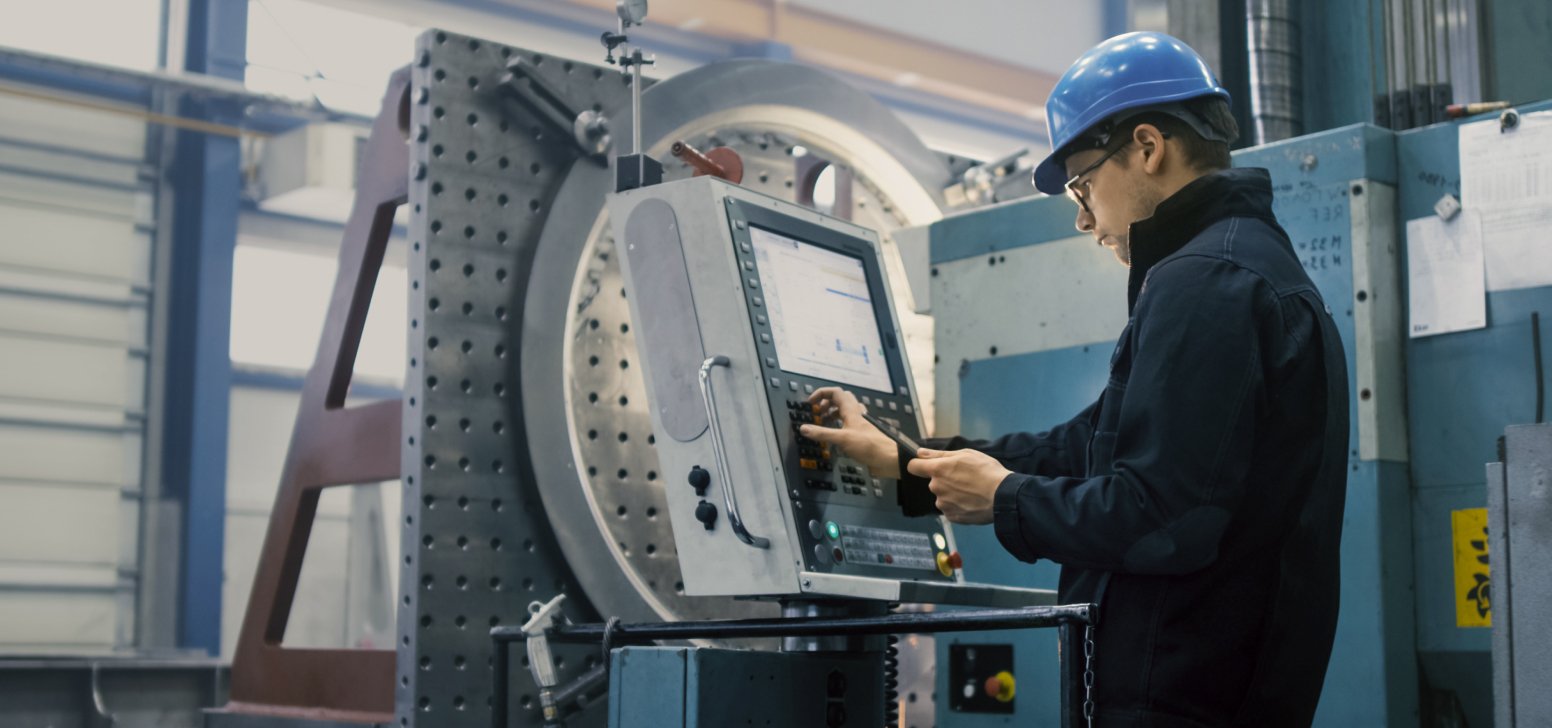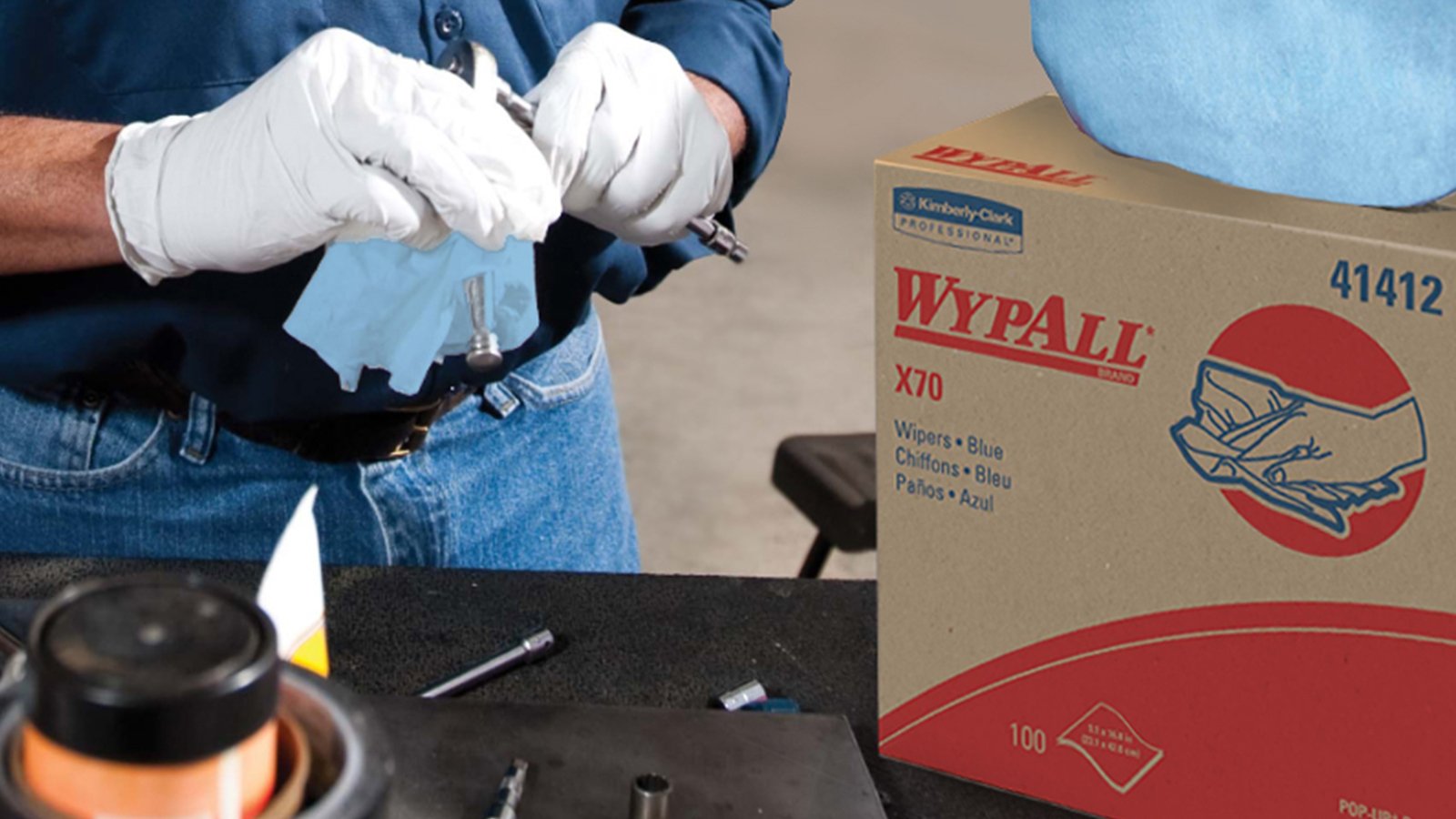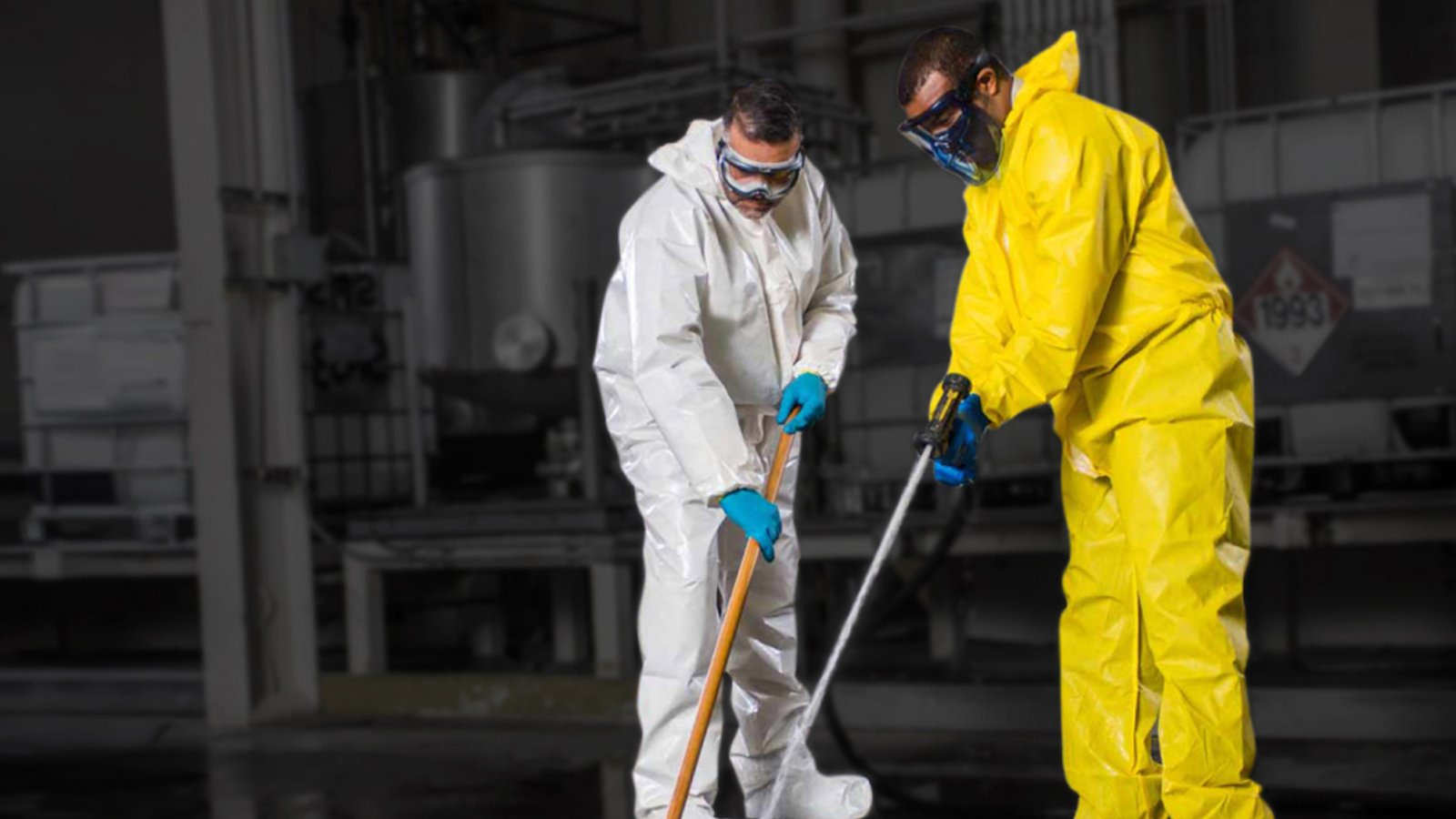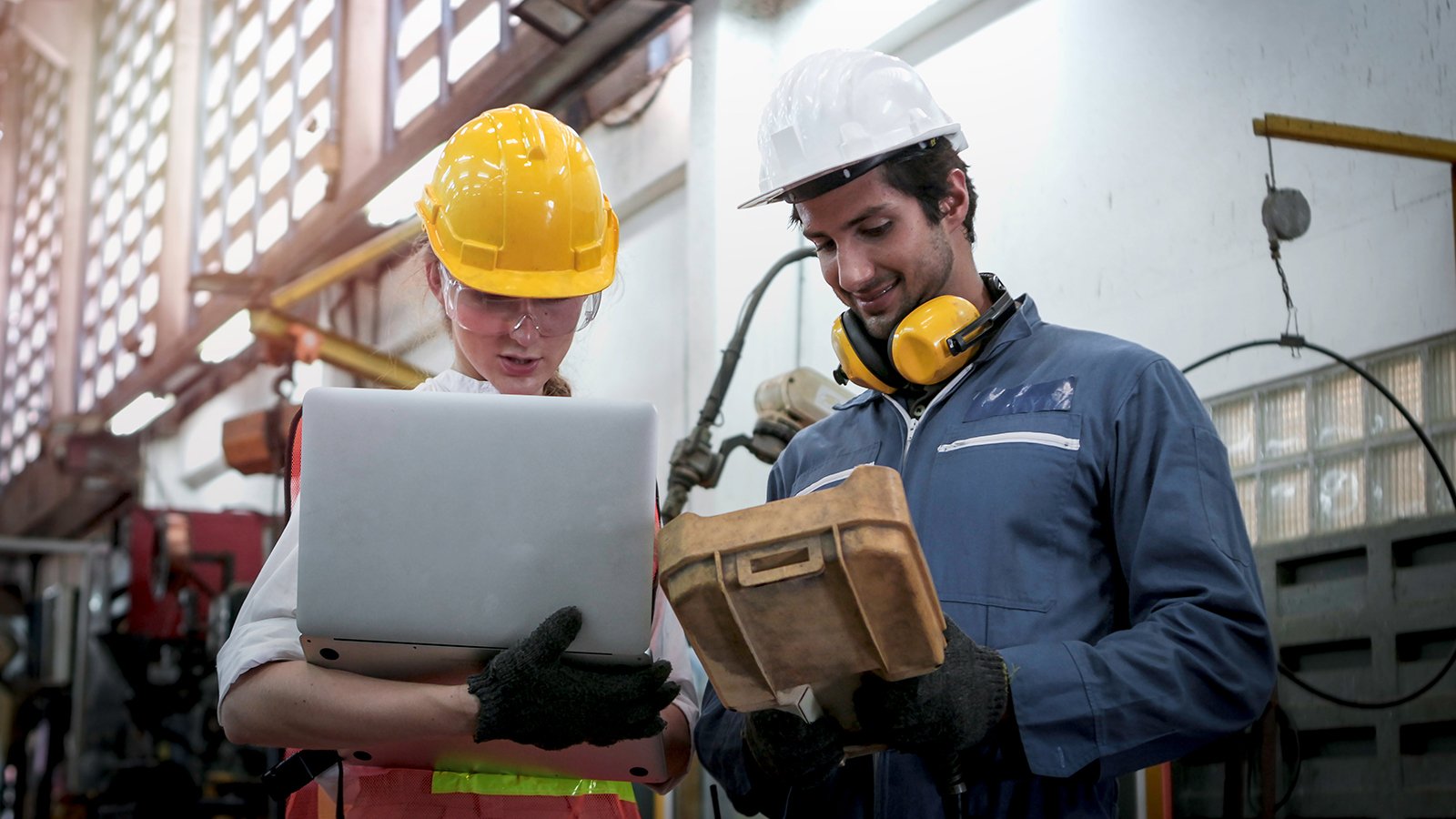Last Updated APRIL 2025
5 Ways Wipes Are Better Than Rags
Wipes and reusable rags perform the same task, from soaking up spills to wiping down surfaces. But are they both equally as effective when it comes to cleaning?
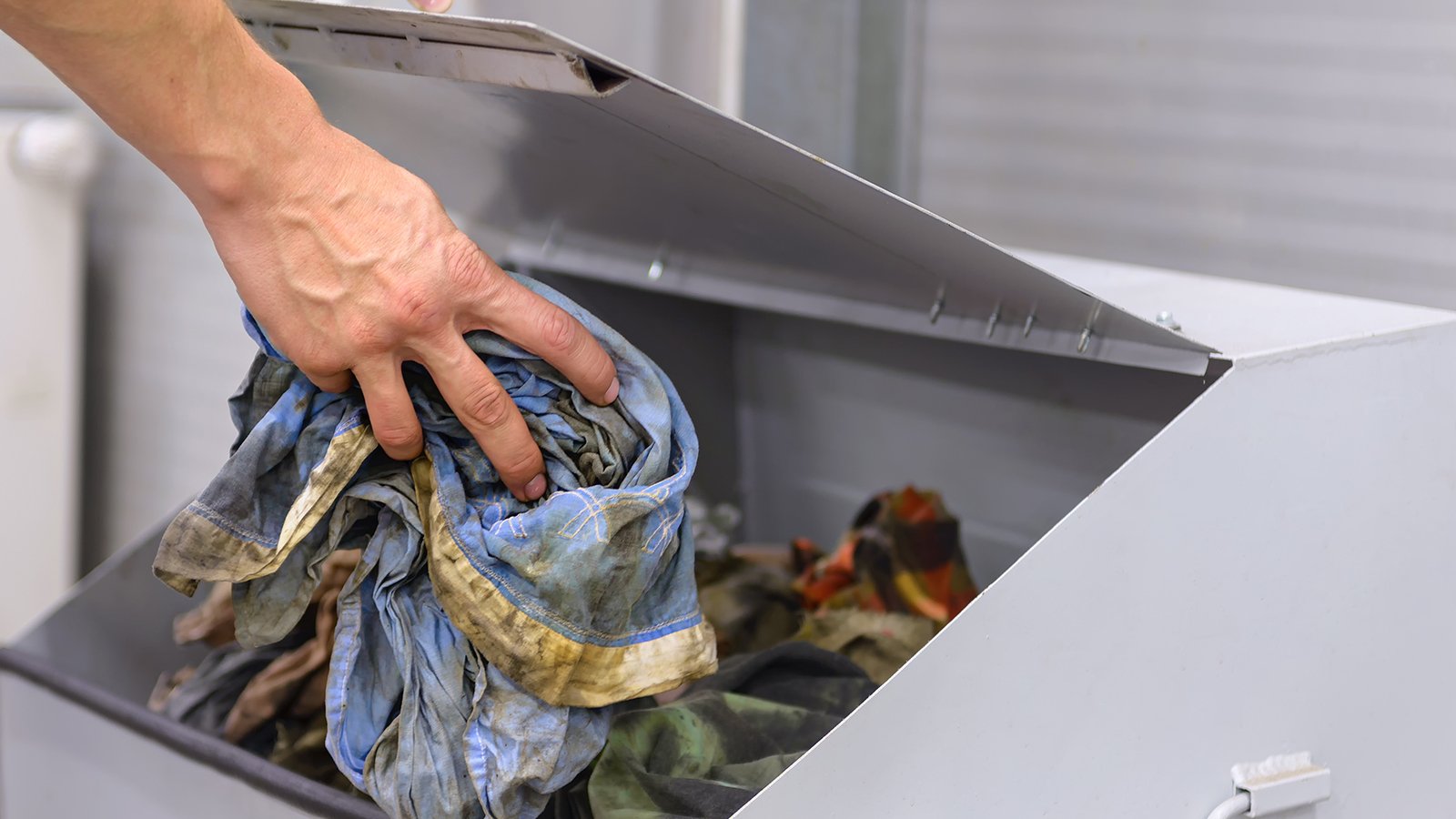
Using a rag or laundered cloth multiple times is often perceived as less wasteful or more sustainable than using a wipe. However, this perception is far from the truth as less experienced facility managers fail to consider hidden costs and hazards when cleaning with a rag.
Here are five reasons why replacing your reusable rags with wipes might be better for your business.
#1 Wipes have lower wastage compared to reusable rags.
In your day-to-day, you may end up rifling through bags of mixed rags just to find that one piece of rag that has good absorption and doesn’t tear easily.
With wipes, there is consistency in every pull of a wipe. Dispensed from compact, portable packaging for anywhere use, wipers can help save time and effort in your workflow.
#2 Rags require higher maintenance when compared to wipes.
Rags are sold by weight but are inconsistent in size, fabric and shape. Though they may seem cheaper than wipes, but hidden costs such as laundering must be considered. In order to make a better absorbing rag from a new cotton tee, additional costs have to be spent 'to launder new ones so they feel used'1.
Designed with the users’ need in mind, wipers are more efficient for cleaning and help reduce elbow grease in any part of the cleaning process. Additionally, wipes are designed to be safe for your products, surfaces, workplaces, and the user. This can help save considerable resources such as time.
#3 A thicker rag does not mean a more absorbent wipe.
There is a common misconception that rags are superior to disposable wipes and are more absorbent, but this is not the case. The size and absorbency of a rag or wipe are dependent on the raw materials used, which determines the quality of a rag or wipe.
Unlike most cotton rags, WypAll™ X60 Multi-task Cleaning Cloths2 and X70 Medium Duty Cloths3 are designed to reduce the risk of leaving lint behind during product and surface wiping. If lint is left behind or rags with foreign materials are used, it may cause mechanical damage to a machine’s surface and impact the manufacturing workflow.
Having a larger surface area might drive a user to reuse multiple parts of a rag for different surfaces before laundering it, defeating the purpose of cleaning.
Kimberly-Clark Professional™'s WypAll™ wipes have a higher absorption rate2´4 than most cotton rags, making it quick to clean a piece of equipment, a tight spot or a wide surface. In addition, the standardized size of wipes allows for corners and complex spaces to be reached with consistent performance.
#4 Wipes save time and resources as compared to rags.
With the idea that rags save costs, people often conclude that rags also save time and resources, but that is not true. Consider the amount of time needed to collect dirty rags across different workstations, operate the cleaning equipment to launder these rags, and refill the rags to be accessible by all workers. This all adds to the additional time and resources wasted to maintain the rags.
On the other hand, wipes are convenient and save much more time than rags. With wipes that are consistent in product and performance, you save more time and ensure your team gets access to clean wipes whenever a clean up is needed. Facility managers can deploy centralized access points for wipes in various workstations, allowing for easy access to clean wipes whenever.
#5 Unlike rags, wipes are designed to be safe for your products, surfaces, workplace and users.
When rags are used for wiping dirty spaces, the rags become contaminated with grime and grease. Sometimes, rags may contain foreign material and this may pose a safety hazard for both the user and the wiped surface.
Wipes like WypAll™ Wipes are more hygienic as they are dispensed as single sheet, which reduces risks of cross-contamination and designed to be safe for your products, surfaces, workplace and users.
Think About Efficiency With Wipes
Rags may seem more efficient as you can reuse them, but their cons outweigh their benefits. Making efficient choices ensures more streamlined business operations. Learn more about Kimberly-Clark Professional™ WypAll™ products to help your streamline your cleaning process today.
1 Adam Minter, 2019, Riches from rags https://www.bloomberg.com/features/2019-wiping-rags/
2 Disclaimer: Based on tests conducted by independent 3rd party laboratories in 2019/20: comparing WypAll™ X60 vs rags
3 Disclaimer: Based on internal tests by STM-00135 test method
4 Based on tests conducted by independent 3rd party laboratories in 2019/20







